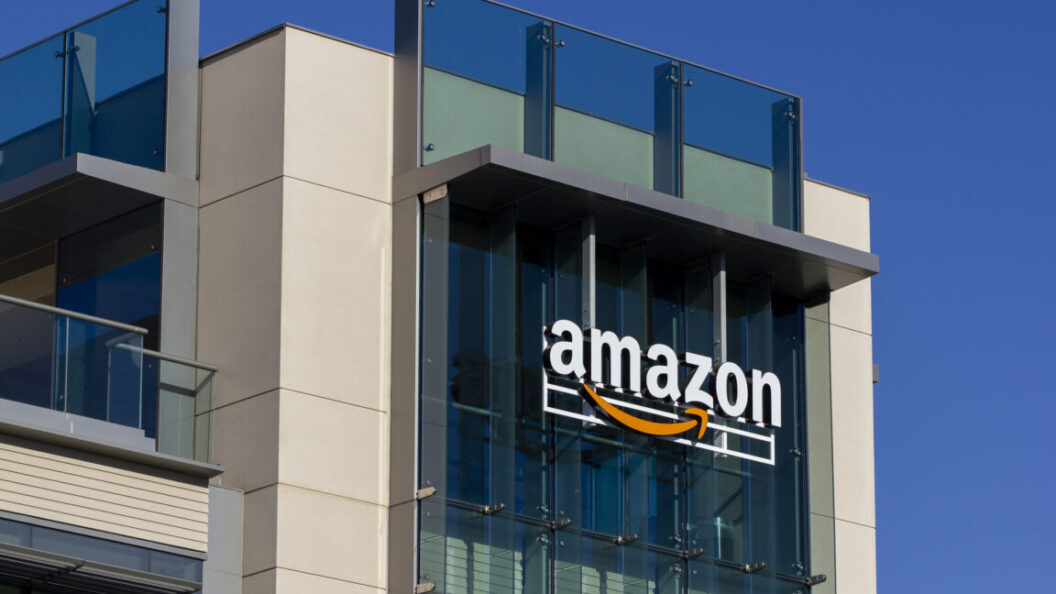Amazon’s Tariff Reporting Proposal Sparks Controversy
In a recent turn of events, Amazon’s reported consideration to list tariff costs as a separate line item on its website has ignited significant debate, catching the attention of both the White House and the public. Initially disclosed by Punchbowl News, the company later clarified that any such discussions were limited to its import-focused Amazon Haul sub-store and would not be implemented for all items offered on its platform. The issue reveals the complexities and ramifications of ongoing tariff policies in the United States, particularly as they pertain to e-commerce.
Amazon’s Clarification and Internal Discussions
Amazon released a succinct statement denying plans to explicitly show tariff prices, saying, "This was never approved and is not going to happen." Despite this, the internal discussions that led to this report underscore the evolving landscape of import tariffs, especially those enacted during the Trump administration. Presently, tariffs imposing rates up to 145% on goods from China have sparked confusion among many retailers.
The mention of possible changes to how tariffs could be displayed on Amazon’s platform suggests that the company is navigating a challenging regulatory environment, as competing e-commerce sites such as Temu and AliExpress have begun to adopt strategies that include displaying tariffs transparently.
Political Repercussions and Administration Response
The White House did not take the report lightly. In a press briefing, Press Secretary Karoline Leavitt characterized Amazon’s proposal as a "hostile and political act," laying blame on the Biden administration for contributing to rising inflation. She went further to assert that Amazon had "partnered with a Chinese propaganda arm." This response illustrates the high-stakes intersection of corporate policy and political sentiment, especially regarding companies that engage heavily in international trade.
Interestingly, it has been reported that former President Donald Trump himself reached out to Amazon founder Jeff Bezos to voice his concerns over the potential impact of the tariff revelation. Such interactions highlight the scrutiny large corporations face from political figures, particularly in relation to controversial business practices.
Impact of Tariff Policies on Consumers
The implications of these tariff regulations are particularly significant for consumers. Most low-value items currently escape tariffs due to the de minimis exemption, which applies to shipments valued under $800. However, this exemption is set to end for products entering from China or Hong Kong beginning May 2, 2025, as outlined by recent administration communications. If implemented, this change could reshape how consumers shop online, particularly for low-cost items, leading to inflated prices across various categories.
Retailers like Amazon might have to adapt their pricing strategies or risk losing market share to competitors that more effectively navigate the complexities of import taxes. As of now, there is no confirmation on whether this policy will affect small businesses or individual sellers, but the uncertainty creates a challenging environment for e-commerce moving forward.
Conclusion: Navigating a Complex Landscape
The recent developments regarding Amazon’s tariff line item discussions exemplify the tangled relationship between e-commerce corporations, government policies, and consumer behavior. The scrutiny that Amazon faced from both the public and the administration illustrates a significant tension in how corporations manage tariff impacts amid shifting political landscapes.
As large companies navigate these complicated waters, the reactions and adaptations of both consumers and competitors will ultimately reveal how import tariffs shape the future of online shopping. The coming months will be critical in determining the feasibility of such reporting and its effect on pricing strategies. As the situation unfolds, all eyes will remain on Amazon and its competitors, who are grappling with the pressures of compliance and consumer expectations in a rapidly evolving market.









